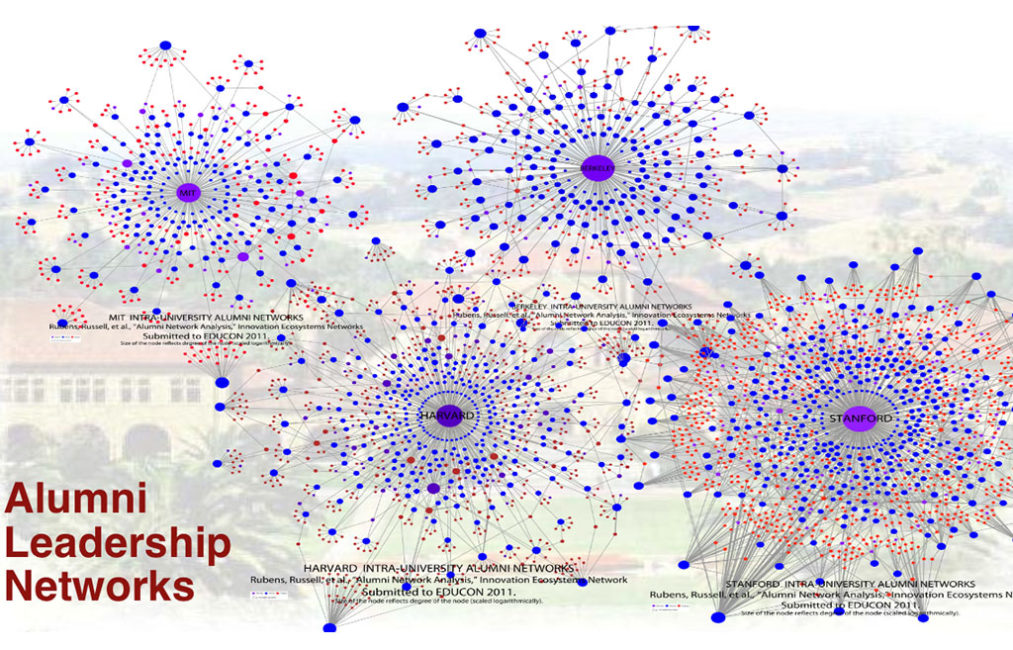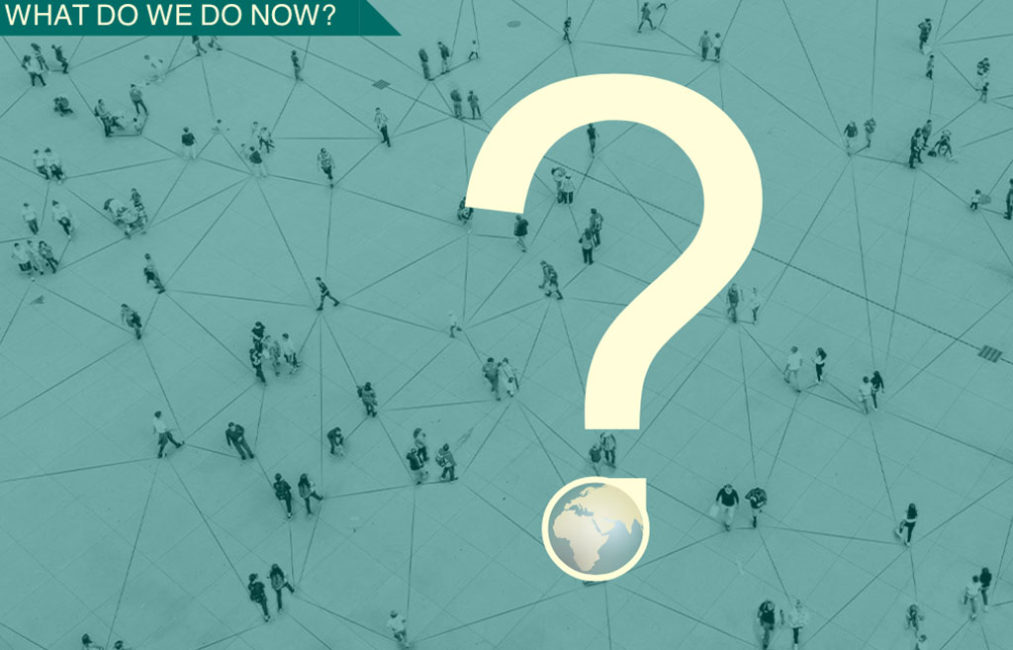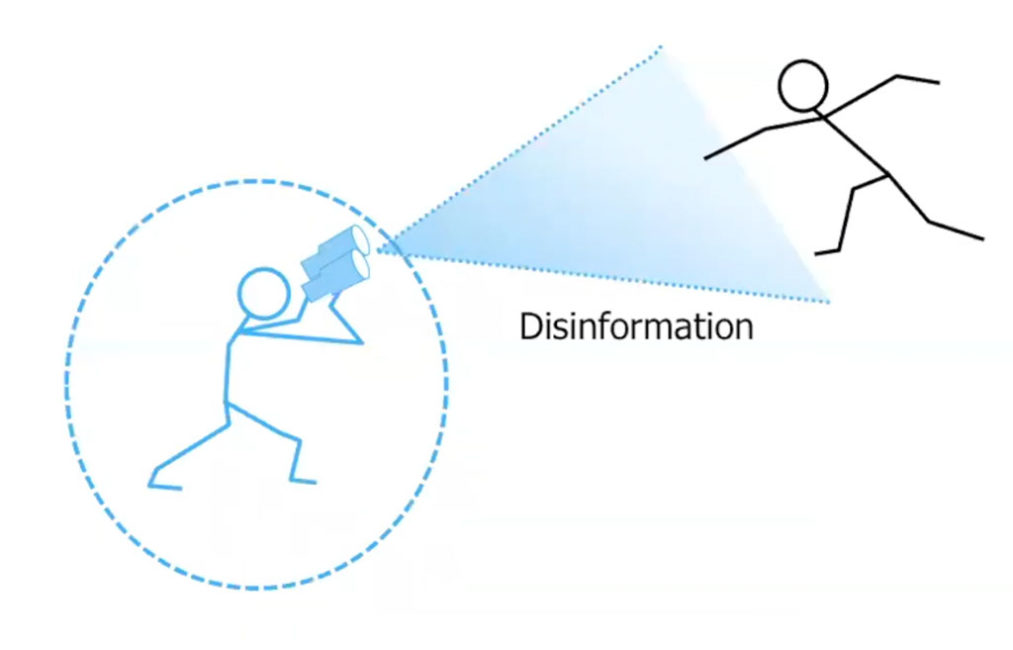Thinking Tools for Wicked Problems
Complex problems that seem to defy solutions are upon us – big time. Solutions are urgently needed. These webinar conversations present thinking models that may inspire solutions and help guide us through these challenging times.
Feature Image: Jeremy Thomas

Ecosystemic Resilience in Uncertain Times
Martha Russell examines how we are interconnected in this networked world. Our networks are physical – they connect under the sea through fiber and above the atmosphere with microwaves; our networks are virtual – through people, through media and through expectations.

How to Think Like a Civilization
Digital technology is the solvent leaching the glue out of our global institutions, but digital technology also presents us with the means to meet both our current challenges – and to shape a new planetary order. Paul Saffo a forecaster with three decades experience helping corporate and governmental clients looks at this complex challenge.

Making Context Relevant for Learning Essential Skills for the Workplace
Daily human interactions have a comparable impact on employee productivity and retention. Virtual reality simulations are a powerful modality for developing skilled and effective human-to-human interactions. Mark Atkinson, is CEO of Mursion and dives into this topic.

Can Consistent Trust Decisions Bring People Back to Work?
Bringing people back-to-work is a grand challenge that requires more than wearing masks, and conforming to hygiene, screening, and distancing. A key component of reopening the economy will be more Testing to establish trust and inform safer behaviors. Ajay Madhock dives into this issue.

Human-Robot Interaction through the Lens of Learning and Control
Machine learning and control theory have made substantial advances in the field of robotics in the past decade. However, there are still many challenges when studying robots interacting with humans. Dorsa Sadigh discusses her insights on this issue.

A Wicked Problem About Thinking: Cognitive Security
Cognitive Security is concerned with protection against malicious online and offline influence at scales ranging from individuals to nation states, and is foundational to national security inclusive of the public and private sectors. Brian Pierce addresses this critical issue.

Robotics and AI for COVID Resilience
Neil Jacobstein covers some of the current uses of AI in addressing COVID-19, focusing on large scale collaborations such as the XPRIZE Pandemic Alliance, the Kaggle COVID-19 Open Research Dataset Challenge, and many team efforts to develop drugs and vaccines.

A Pop-up Training Model for Critical Needs
Van Ton-Quinlivan looks at how health care is a prime example of one of the wicked problems faced in education. Even after a training need is identified, it takes time to achieve agreement across stakeholders to identify the curriculum requirements and find resources to satisfy them.

Surmounting Data Barriers on Global Health Solutions
Around the world, people want to get back to work safely and responsibly. However, strategies for rebooting local, national and global economies are throttled by inadequacies in data and their networks. Marsali Hancock discusses her insights on this important issue.